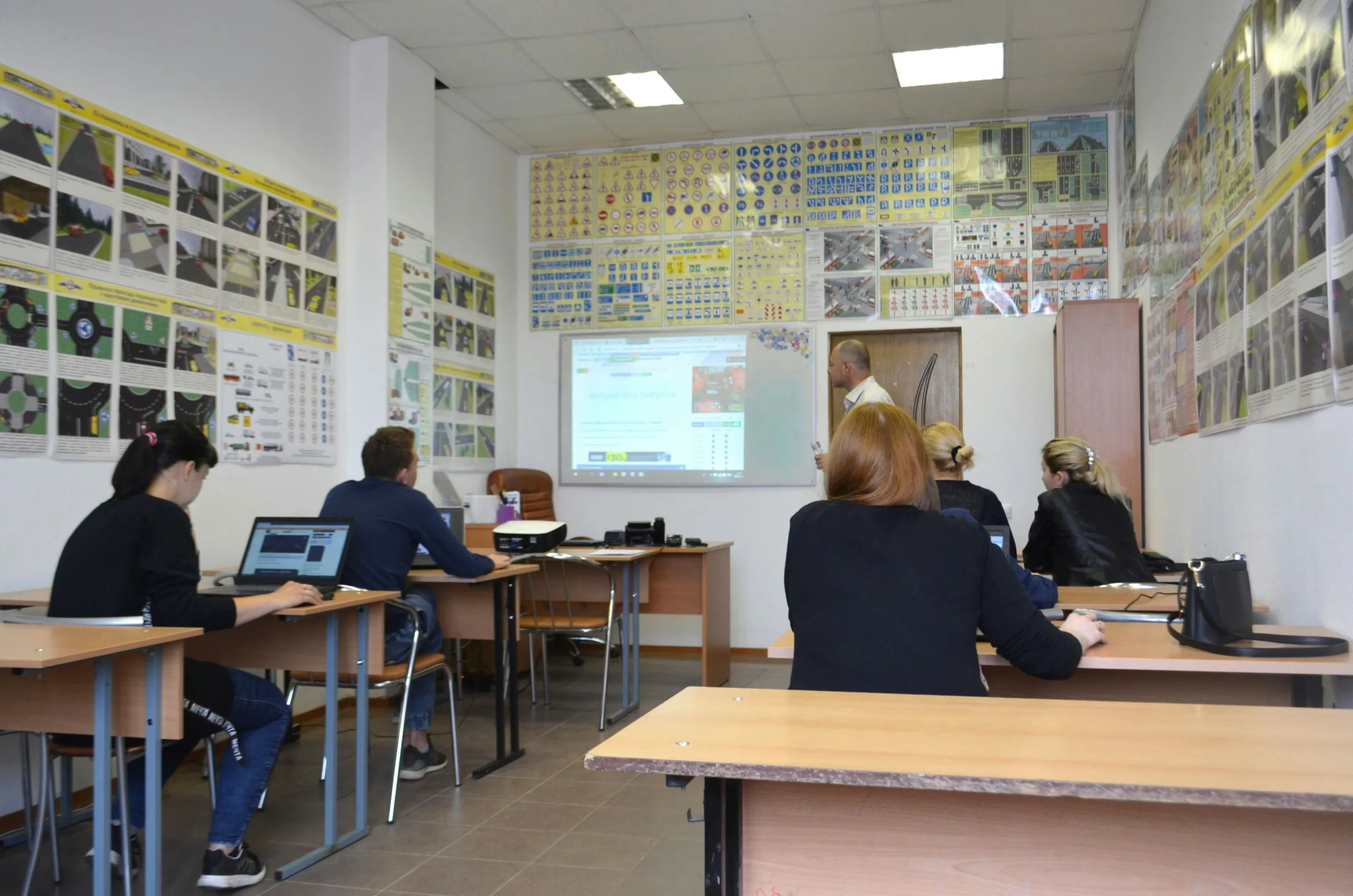Participating in school competitions and contests for prizes can harm children’s mental health, according to Natalia Shcherbanenko, headteacher of a school in Lviv, in an interview with LUKI. According to her, such competitions shift the child’s focus from learning the subject to competing for medals, which negatively affects their interest in learning and emotional state.
The educator believes that it is especially important to avoid emphasising grades and comparisons between children in primary school. She emphasised that pupils in grades 1–4 should not know their performance levels, and parents should refrain from trying to find out from teachers. ‘These scores do not benefit anyone — neither the child nor the adults,’ says Shcherbanenko.
Read also: Preschool education in 2025 is changing for parents, educators and children
In her opinion, the main task of primary school is to teach children to compare themselves with their own results, not with their classmates. She also stressed that it is important for children to have space for self-expression, rather than feeling that someone is ‘better’ because they got the lead role in a play or won a competition.
The educator emphasises that the competitive approach to learning is gradually becoming a thing of the past. Instead, modern schools should develop skills in debate, critical thinking, cooperation and self-confidence. This is especially important for younger schoolchildren who are still forming their self-esteem.
In the context of the New Ukrainian School (NUS) reform, which provides for a child-centred approach to education, these ideas are particularly relevant. The priority on the personal development of the child, rather than on results or competition, is in line with the modern vision of the education system in Ukraine.
Read also: Ukraine proposes to legalise mini-kindergartens



